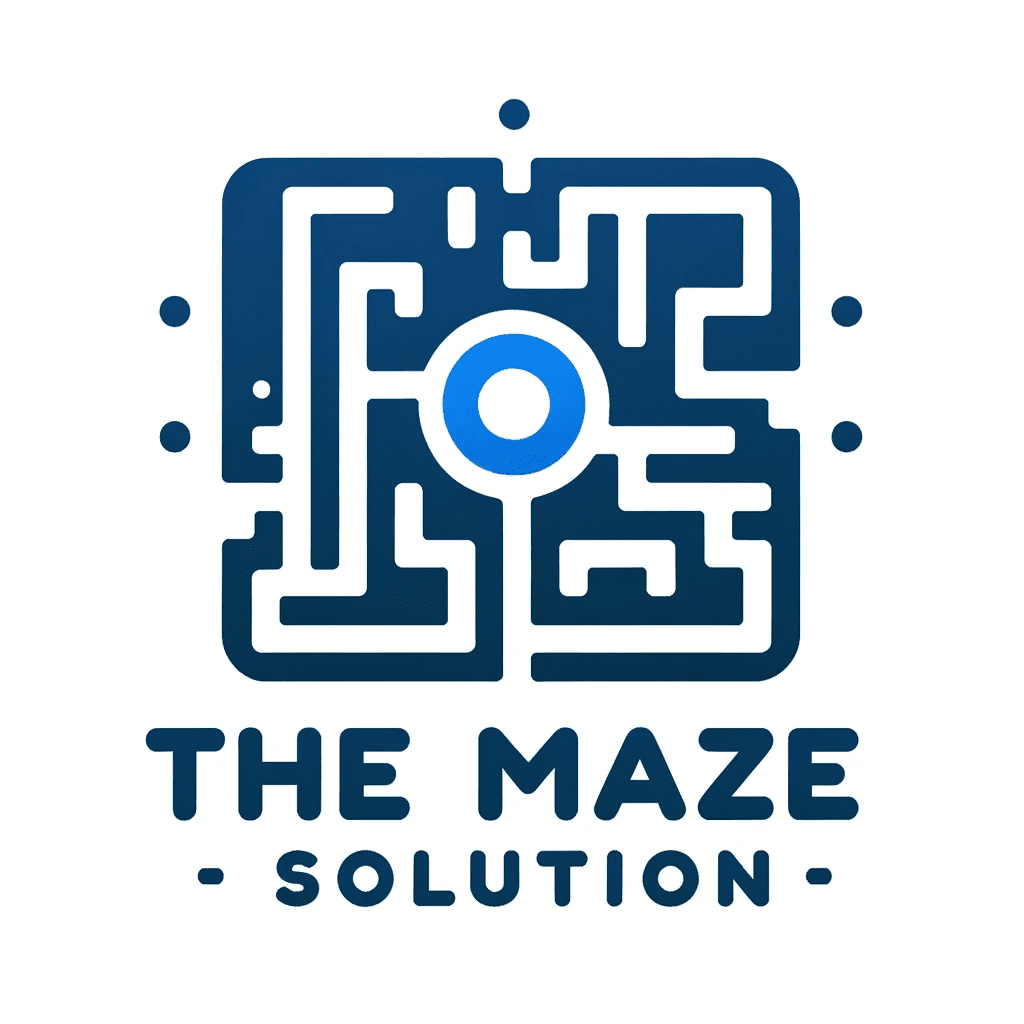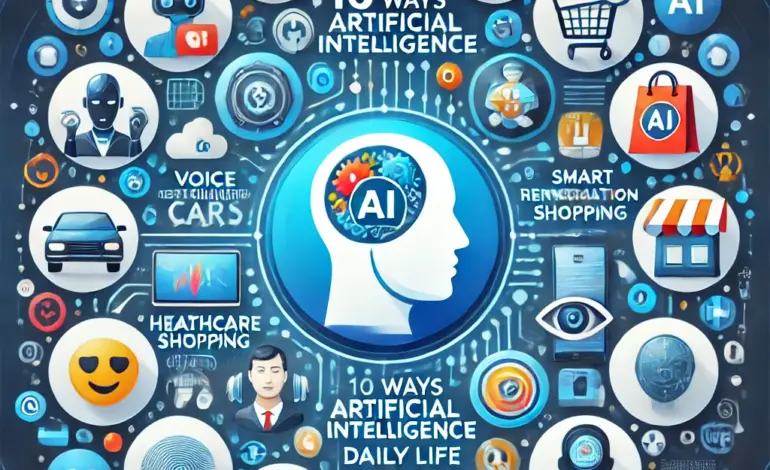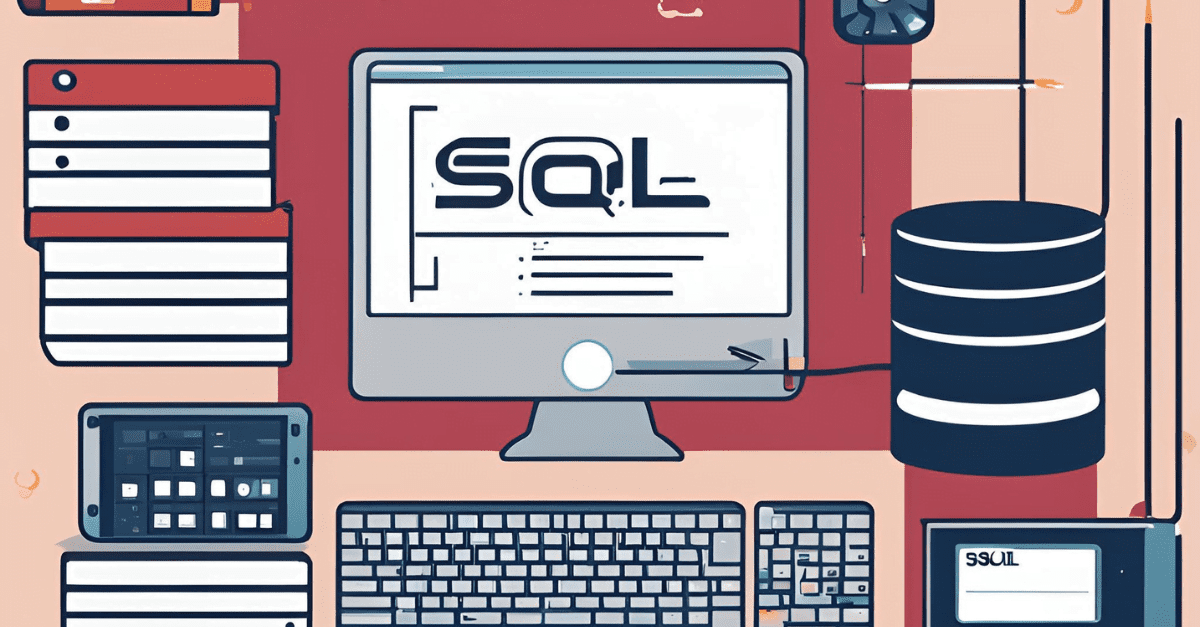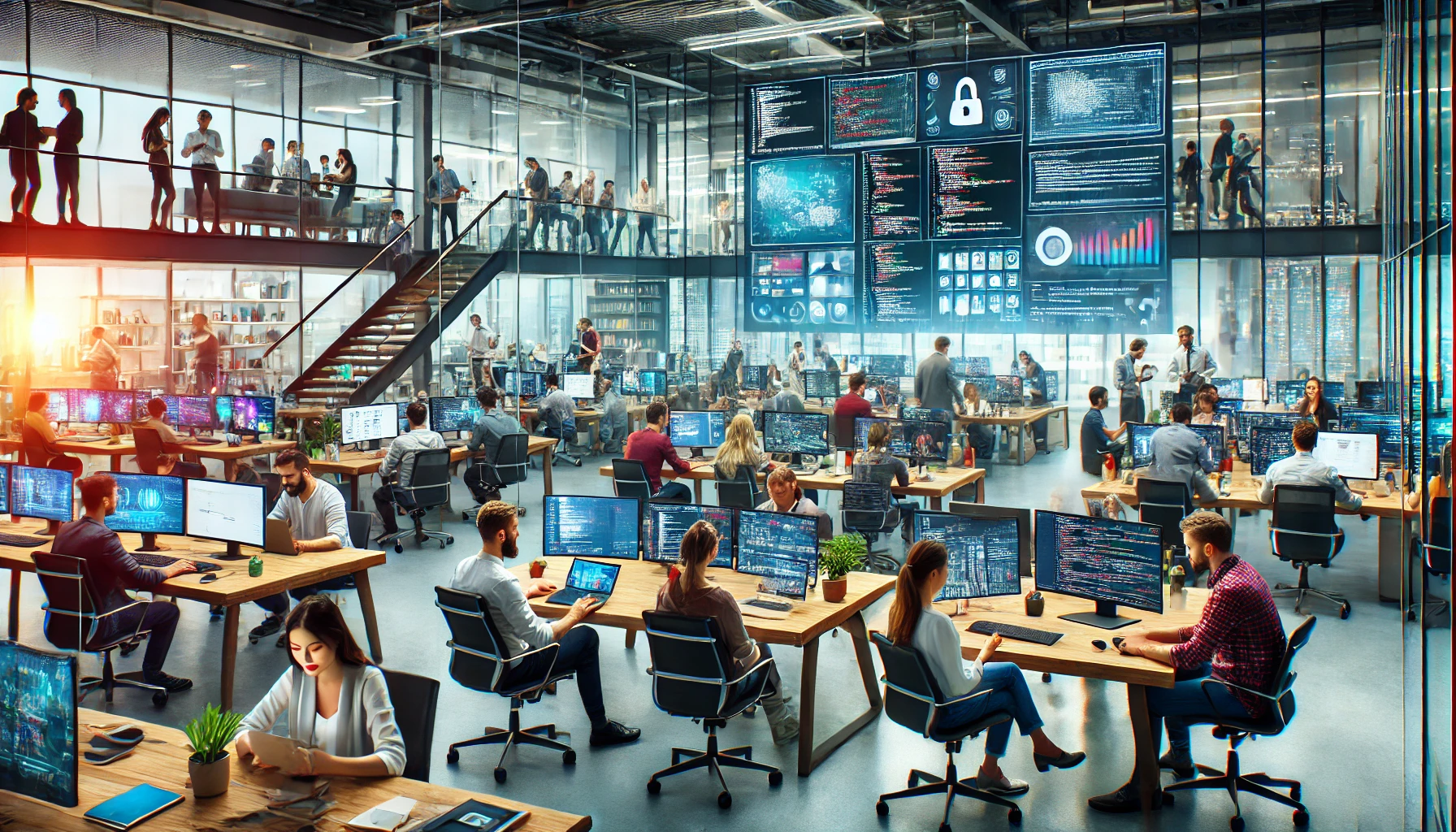Programming VS Coding VS Development
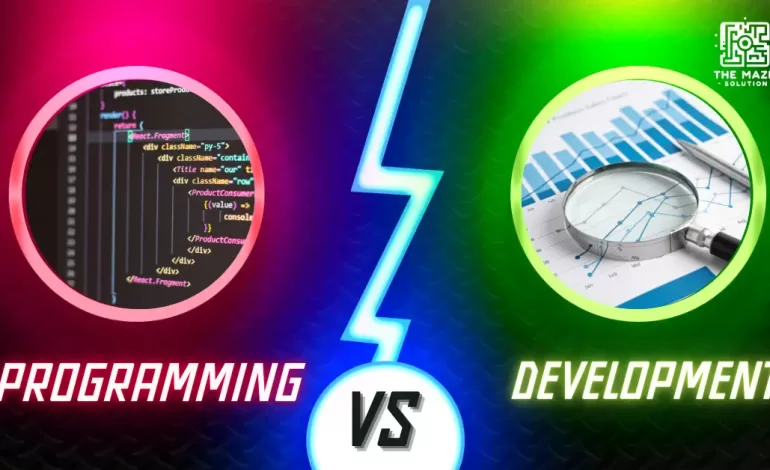
In the world of technology, the terms programming, coding, and development are often used interchangeably, yet they refer to different aspects of the tech industry. Understanding these distinctions is crucial for anyone looking to enter the field or improve their skills. This article explores the differences and relationships between programming vs coding vs development, delving into their unique roles, required skills, and career opportunities.
What is Programming?
When we talk about programming, we are really discussing a way of thinking and solving problems. Programming is not just about writing code; it’s about making decisions that tell a computer how to behave in various circumstances. For example, if a user inputs an email that doesn’t follow the correct format—missing an ‘@’ or ‘.com’—the program needs to display a red error message. If the email does exist in the database, it should show a customized response. This shows how critical it is to create clear instructions for a computer to access and manage data effectively.
In programming, we often work with algorithms that guide our applications in handling network requests. Think about how we check if something exists in a database or how we can store new information. Each of these actions requires logical thinking and the ability to anticipate what the computer needs to do next, like what happens when a button is clicked. The program must handle each possible outcome well, ensuring that users have a smooth experience.
From what I know, programming is all about using your knowledge to provide answers that fit several situations. It’s amazing how a basic software may produce intricate results all motivated by reason and careful choices. Seeing a successful outcome following mistake troubleshooting is unparalleled and reminds me that each programming step offers a great teaching moment.
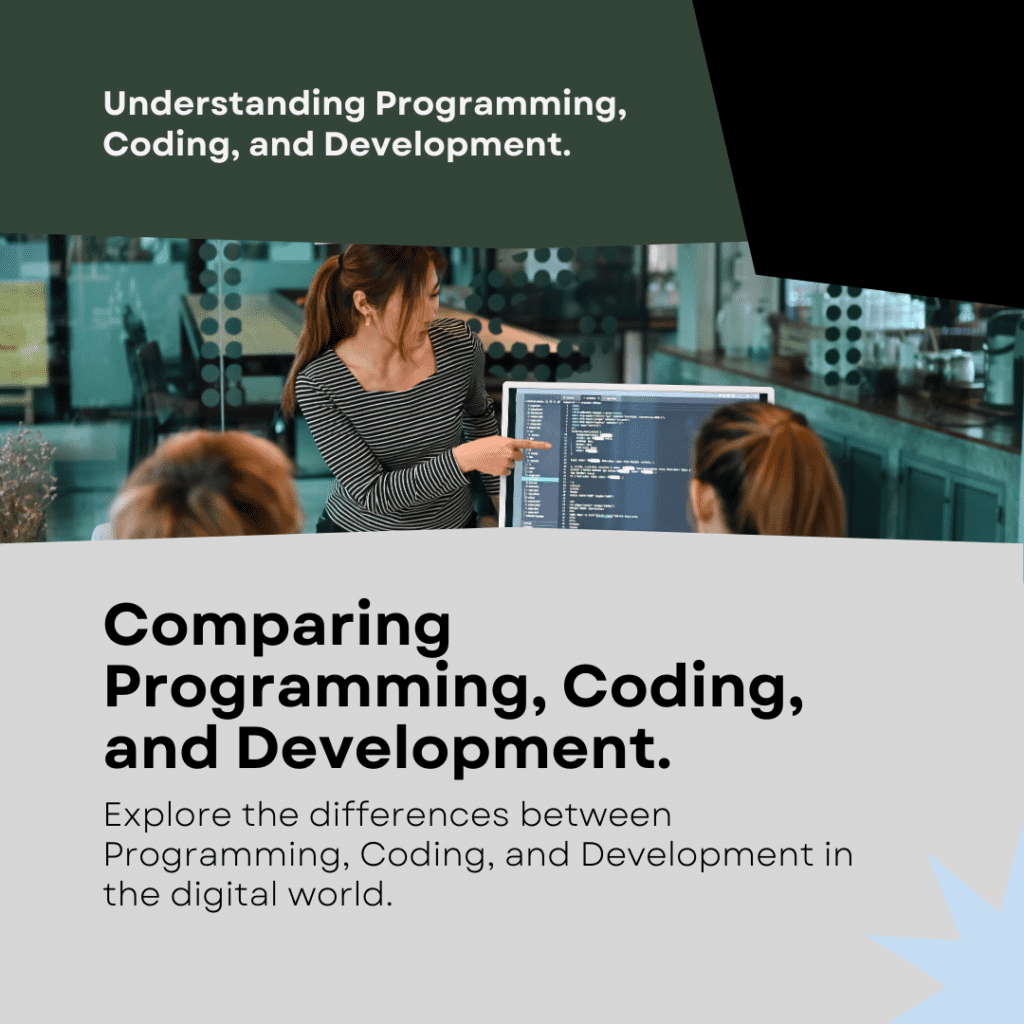
Programming vs Coding vs Development
Computer programming, coding, and software creation are foundational elements of modern technology. Each term represents a unique aspect of the process involved in creating software and applications.
Definition of Computer Programming: It involves writing instructions that enable computers to perform specific tasks. These instructions are written in programming languages, which vary in complexity and purpose.
Coding is the process of converting logic and algorithms into a language that a computer can understand and execute. It encompasses writing, testing, and debugging code to ensure its functionality.
Software development is defined as the entire process of creating software, from conception to deployment and maintenance. It includes activities such as planning, coding, testing, and documentation.
Importance of Understanding the Differences: While computer programming, coding, and software creation are related, they require distinct skill sets and approaches. Understanding these differences is critical for individuals pursuing careers in technology and for organizations looking to develop high-quality software products.
Computer Programming Explained
What is Computer Programming?
Computer programming is the process of designing and writing code that instructs computers to perform specific tasks or functions. Programmers use programming languages to create software applications, websites, and other digital products.
History of Computer Programming
The origins of computer programming trace back to the mid-20th century, marked by the creation of early programming languages like Fortran and COBOL. Throughout the years, programming languages have progressed, increasing in strength and versatility.
What role computer programming plays in making software
It is an important part of making software. Programmers write the code that makes the features and functions that were planned during the software design part work.
Skills You Need to Know to Program a Computer
Programmers who are good at their jobs have professional skills, the ability to solve problems, and the ability to pay close attention to details. They need to know how to code in at least one language and be able to understand complicated data structures and methods.
Languages Used for Programming
The grammar and uses of programming languages are not all the same. Usually, they can be broken down into two groups:
Low-Level Languages:
Another type of language is machine code and assembly language. Because these languages are closer to the hardware, they give you more power over the computer’s resources.
High-Level Languages:
A high-level language is one that can do a lot of things. Examples include Python, Java, JavaScript, and C++. Because they are more general and easy to use, many people use them to make apps.
Examples of Computer Programming Tasks
Some of the things that need to be done are writing formulas, making software programs, databases, and more. It’s easy to use Python in this case:
# Python program to add two numbers
def add_numbers(a, b):
return a + b
num1 = 5
num2 = 10
result = add_numbers(num1, num2)
print(f'The sum of {num1} and {num2} is {result}')Coding Demystified
How do you code?
This is the process of writing code in a certain computer language to do a certain job. It includes turning logical instructions into a form that a computer can understand and follow. It focuses on putting certain functions into action.
What’s the Difference Between Coding and Programming?
There is some overlap between coding and programming, but coding is more about carrying out specific directions, while programming is more about problem-solving and system design.
How Coding Practices Have Changed Over Time
Integrated development environments (IDEs), code tools, and version control systems have come a long way over the years, making these methods much more efficient and collaborative.
Tools and Environments for Coding
Text editors like Visual Studio Code, IDEs like IntelliJ IDEA, and version control systems like Git are some of the tools that coders use to write and organize code.
Basic Coding Concepts
Types of Variables and Data
Variables hold information that can be changed by the code. Some examples of data types are numbers, strings, and booleans. They tell you what kind of data a variable can hold.
Variables in Python
name = "Alice"
age = 30
is_student = True
Control Structures
Control structures like loops and conditionals direct the flow of execution based on certain conditions, allowing for repetitive tasks and decision-making processes.
Control structures in JavaScript
let age = 18;
if (age >= 18) {
console.log("You are an adult.");
} else {
console.log("You are a minor.");
}
Functions and Methods
Functions and methods encapsulate reusable blocks of code, promoting modularity and reducing redundancy.
Functions in JavaScript
function greet(name) {
return `Hello, ${name}!`;
}
console.log(greet("Alice"));
The Importance of Clean and Readable Code
Writing clean and readable code is essential for maintainability and collaboration. Practices like following naming conventions, commenting code, and adhering to coding standards help ensure that code is understandable and manageable.
Software Development Explored
Understanding Software creation
software creation is the comprehensive process of designing, coding, testing, and maintaining software applications. It encompasses both programming and coding, along with additional phases like project management and user experience design.
Software Development Lifecycle (SDLC)
The software creation Lifecycle outlines the stages of software creation, ensuring a systematic and organized approach.
Roles and Responsibilities in Software Development:
Programmers: Programmers focus on writing the code that implements specific functionalities.
Developers: Developers have a broader role, often involved in both coding and designing system architecture.
Engineers: Software engineers apply engineering principles to software creation, ensuring robust and scalable solutions.
Stages in the Making of Software:
Planning: figuring out the project’s goals, scale, and viability.
Analysis: Collecting requirements and figuring out what users want.
Design: Making plans for the system’s construction and design.
Implementation: Writing code and putting it all together.
Testing means making sure that the software does what it’s supposed to do.
Deployment means giving the program to people to use.
Maintenance: Giving help and updates on a regular basis.
Most Common Methods for Making Software
The waterfall model is a step-by-step method where one part must be finished before moving on to the next.
Agile Methodology is a way of working that encourages cooperation and flexibility.
The DevOps approach combines development and operations so that work is always being delivered and improved.
The Importance of Collaboration in Software Development
Collaboration among team members, including programmers, developers, and stakeholders, is crucial for the success of software creation projects. Effective communication and teamwork lead to better outcomes and more efficient problem-solving.
V. Table of Differences Between Programming, Coding, and Software Development
| Aspect | Programming | Coding | Software Development |
|---|---|---|---|
| Definition | Creating algorithms and solving problems using programming languages. | Writing actual lines of code in a specific programming language. | Encompasses the entire process of creating software, from planning to deployment and maintenance. |
| Scope | Focuses on designing the logic and functionality of software. | Concentrates on translating logic into executable code. | Covers all stages including planning, analysis, design, implementation, testing, deployment, and maintenance. |
| Skills Required | Strong problem-solving abilities, knowledge of algorithms, and data structures. | Attention to detail, proficiency in specific programming languages, and debugging skills. | Project management, comprehensive understanding of software lifecycle, and coordination among various roles. |
| Role Examples | Software engineer, system programmer. | Front-end coder, back-end coder. | Software developer, project manager, DevOps engineer. |
| Primary Focus | Developing the core logic and functionalities of a software application. | Writing clean, efficient, and error-free code. | Ensuring the entire project is completed successfully and meets user requirements. |
| Outcome | Functional algorithms and program logic. | Working code snippets and modules. | Complete software solutions that are ready for deployment and use. |
Understanding the nuances between computer programming, coding, and software creation is essential for anyone involved in the technology field. Each role requires a unique set of skills and contributes differently to the creation of software. By appreciating these differences, individuals and organizations can better navigate the complexities of software creation and improve their chances of success.
For more detailed insights into programming and coding, you can explore my other SQL blog. Additionally, you can read more about the distinctions in this FreeCodeCamp article.This topic has sparked significant debate, and differing opinions are perfectly fine. I am confidently expressing my perspective on the issue.
Thoughts about Programming vs Coding vs Development
Having the right mindset is crucial when diving into programming, coding, and development. It’s a process that starts with becoming a good programmer before moving on to a coder. Many people find it helpful to learn about simple concepts like loops and code through studying. I often advise newcomers to take Data Structures and Algorithm courses because they provide a clear distinction between these three terms. By understanding these concepts, you can prioritize your learning and look at the whole software development perspective in a much better way, making the process faster and more effective.
What is the difference between programming and coding and developing?
Programming, coding, and developing are terms often used interchangeably, but they have distinct meanings:
Coding involves writing the actual lines of code that a computer can understand. It’s the most basic aspect of software creation.
Programming is a broader term that includes coding but also encompasses planning, designing algorithms, and solving problems to create functional software.
Developing refers to the entire process of creating software, from initial concept to final product. This includes coding, programming, testing, debugging, and collaborating with other team members.
Is coding and programming the same thing?
While coding and programming are related, they are not the same. Coding is the process of writing code in a specific programming language (like Python or JavaScript). Programming, on the other hand, includes coding but also involves problem-solving, designing software architecture, and implementing algorithms.
Is it better to be a programmer or developer?
The terms programmer and developer are often used interchangeably, but they can imply different roles depending on the context. A programmer primarily focuses on writing code and implementing algorithms. A developer typically has a broader role that includes planning, designing, and managing the entire software development process. Whether one is “better” than the other depends on your career goals and interests:
If you enjoy the technical aspects of writing code and solving specific problems, you might prefer being a programmer.
If you enjoy overseeing projects, designing solutions, and collaborating with others, a developer role might be more suitable.
What is the difference between a programmer developer and coder?
Coder is often the simplest term, referring to someone who writes code.
Programmer implies a deeper involvement in problem-solving and algorithm design, beyond just writing code.
Developer encompasses a broader range of responsibilities, including project planning, software design, coding, testing, and collaboration.
Each role plays a crucial part in software development, and understanding their differences can help you decide where your interests and skills are best applied in the tech industry.
